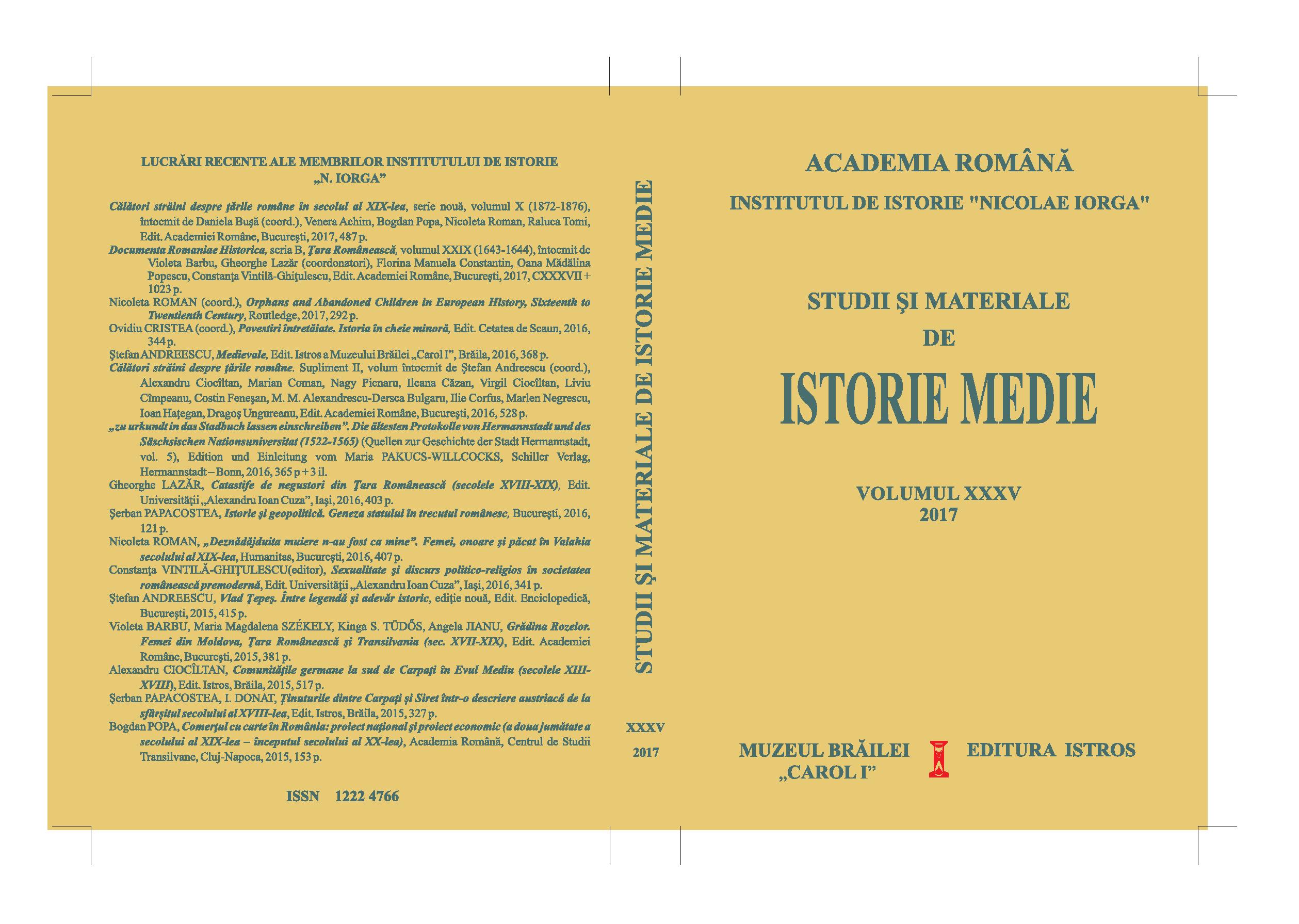Cristiani pubblici vs. Cristiani occulti: practici de simulare şi disimulare în comunităţile catolice din Albania sec. XVII-XVIII în sursele misionare
Cristiani pubblici vs. Cristiani occulti: simulation and dissimulation in the catholic communities from the 17th and 18th century Albania, according to the missionary accounts
Author(s): Rafael Dorian ChelaruSubject(s): History, Local History / Microhistory, Middle Ages, Modern Age, 17th Century, 18th Century, History of Religion
Published by: Institutul de Istorie Nicolae Iorga
Keywords: crypto-Catholicism; Ottoman Empire; Albania; Propaganda Fide; missionary accounts
Summary/Abstract: The present article focuses on the so called crypto-Catholicism from the early modern Ottoman Albania, as documented by the missionary accounts, which are practically the only available sources for studying this phenomenon. Using the twin concepts of simulation and dissimulation of faith, as defined in the normative texts of the Roman Curia, our goal is to analyse and contextualize the various practices linked to the occultation of faith. We investigated especially the way(s) in which the Roman clergy, both local and central, addressed such delicate and uncomfortable issues. Our conclusion is that, unlike the Roman Curia (i.e. Propaganda Fide or the Sacred Office), which constantly and inflexibly discouraged such practices, the local clergy tended to regard them more indulgently and on a rather pragmatic basis.
Journal: Studii şi Materiale de Istorie Medie (SMIM)
- Issue Year: 2017
- Issue No: XXXV
- Page Range: 237-254
- Page Count: 18
- Language: Romanian
- Content File-PDF

